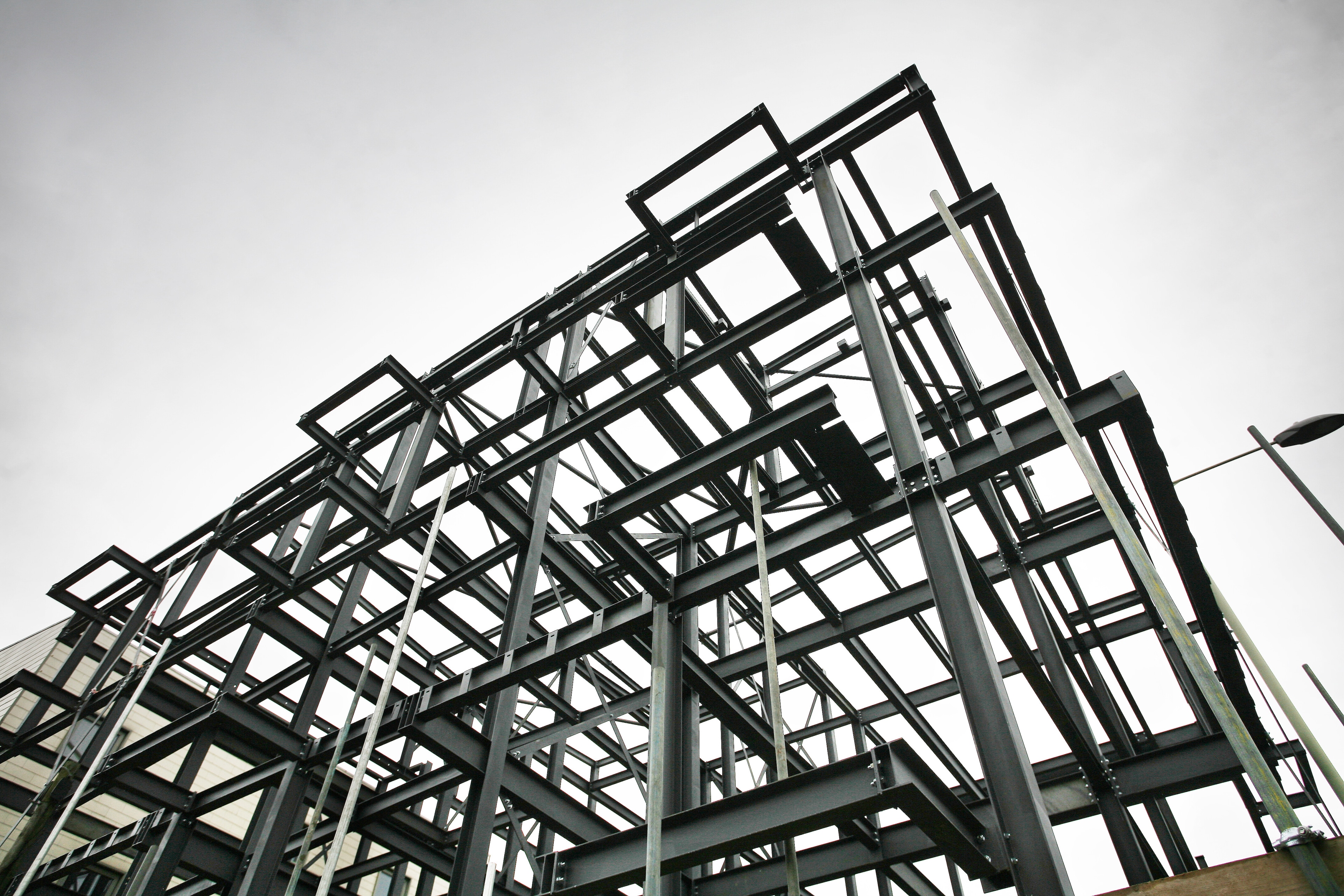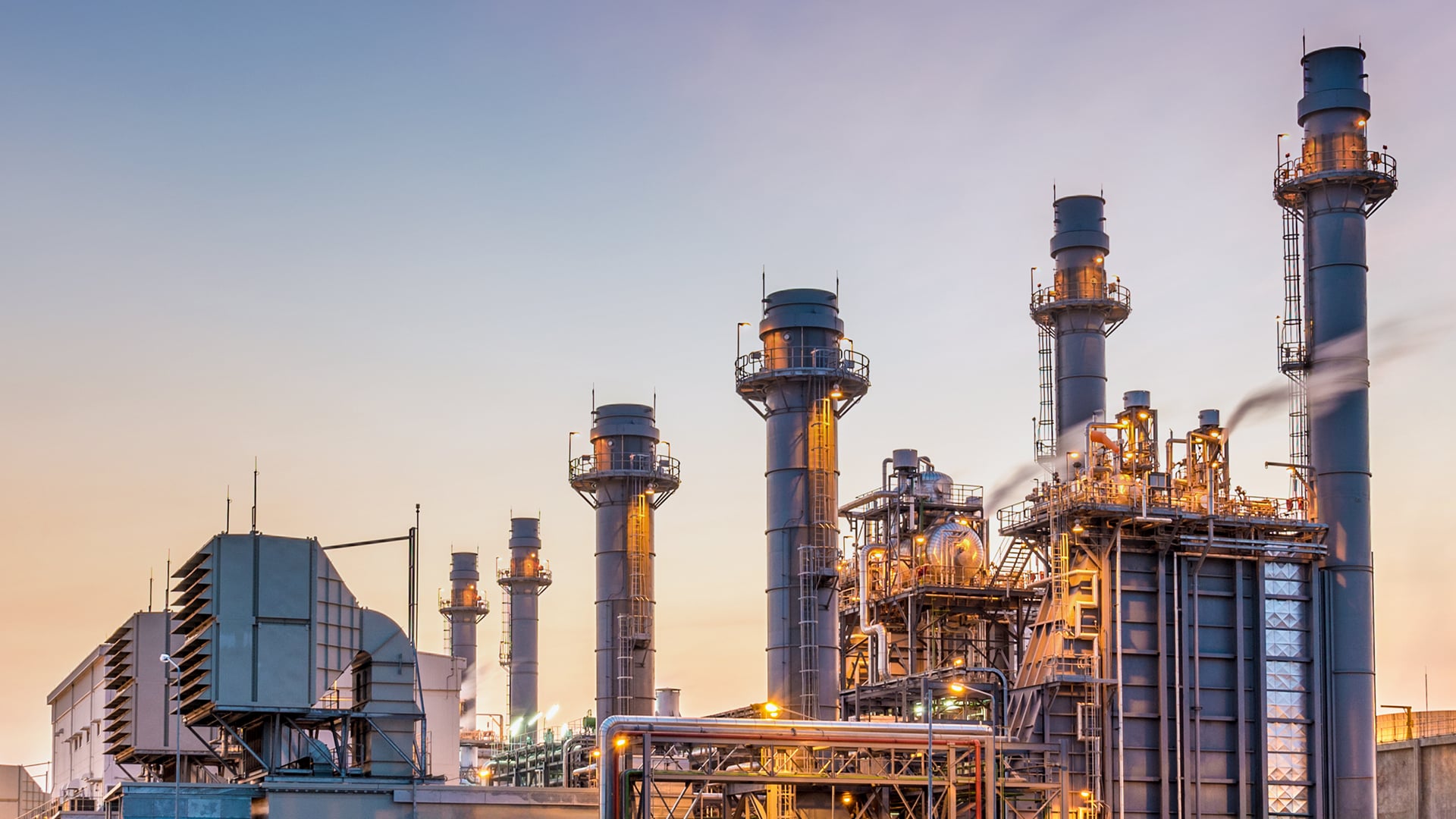How the First Movers Coalition is working to decarbonize the aluminium, steel and cement and concrete sectors

The metals, concrete and cement sectors are taking several steps to decarbonize.
Image: Getty Images/iStockphoto
Jelena Aleksić
Industry Decarbonization, Metals Lead (Steel and Aluminium), FMC, World Economic ForumDaniel Boero Vargas
Lead, Industrial Decarbonization Innovation, Supply and Concrete, World Economic Forum- Steel, cement, concrete and aluminium, which are critical for the green transition, produce 15% of industrial greenhouse gas emissions worldwide.
- Strong demand signals for low-carbon versions of these materials can help surface their supply and reduce greenhouse gas emissions.
- First Movers Coalition members are driving this change through the surfacing of low-carbon suppliers listed in a new global repository, the First Suppliers Hub.
According to the latest World Economic Forum Net-Zero Industry Tracker, the steel, cement and concrete and aluminium sectors, critical for the green transition, are jointly responsible for about 15% of industrial greenhouse gas (GHG) emissions worldwide. As the world’s population grows and urbanization and economic expansion increase, demand across these sectors is projected to grow even further, which makes it challenging for these carbon-intensive industries to align with 1.5°C climate goals.
Here, we shed light on exemplary offtake agreements along the materials value chains, illustrating ways private sector demand signals can help decarbonize hard-to-abate sectors. Some members of the First Movers Coalition (FMC), a global coalition of companies catalyzing the world’s largest, private sector, clean demand signal for green industrial products, show how this is being done. As of today, the FMC includes 99 members, who have made over 120 purchasing commitments across seven sectors. By 2030, these commitments will represent an annual demand of $16 billion for emerging climate technologies and 31 million tonnes (Mt) of CO2 equivalent in annual emissions reductions.
From commitment to action
Demand commitments themselves are not enough to push a market forward – they must be coupled with execution. In 2023, FMC members collectively signed 35 offtake agreements that secured carbon reductions across all seven sectors, bringing the total number of offtake agreements signed in support of FMC commitments to 94. Below are some examples of First Movers’ bets on three metals and materials sectors and their resulting contributions to the realization of bold global plans for renewable energy deployment, cleaner transport and sustainable construction.
The green energy transition
To sustain the tripling of the renewable energy pledge made at COP28, low-carbon materials are required. According to the 2015 Cost of Wind Energy Review from the National Renewable Energy Laboratory, wind turbines are predominantly made of steel, making up between 66-79% of total turbine mass (depending on make and model).
Two prominent FMC steel and cement and concrete members, Vattenfall and Ørsted, are working to ensure the steel and concrete used in the construction of their wind turbines are ‘near-zero’, as per their FMC sector commitments. Vattenfall recently partnered with Swedish steelmaker and FMC trucking member SSAB for the offtake of fossil-free steel to use in its own operations with potential applications, such as hydro dams, grid stations and parts of foundations for offshore wind power.
Further up the value chain, Vestas and GE Vernova have also made the FMC commitment to produce wind turbine parts using deeply decarbonized steel. To achieve this, Ørsted has partnered with Vestas to procure and install a minimum of 25% low-emission steel towers in joint offshore projects. Other FMC steel members who run wind farms have committed to indirectly purchasing near-zero emissions steel for wind turbines, namely Iberdrola, ReNew, Invenergy, Mainstream Renewable Power, Enel and Engie.
While steel is used in turbines and concrete in supporting structures, aluminium is key to making critical components for the decarbonization of energy systems. The latest FMC aluminium sector member, Danfoss, has committed to sourcing low-carbon aluminium for its products and solutions, which enable electrification, sector coupling, demand-side flexibility, energy efficiency and energy recovery across industries.

Revolutionary moves from leading automakers
From the production of full combustion engines to hybrid models and fully electric vehicles, automaking brings inspirational stories. Marketing, economic and social challenges did not stop First Movers, such as General Motors, Scania, Volvo Group and Volvo Cars, from setting ambitious decarbonization targets for their electric fleets, operations and supply chains.
Sourcing metals sustainably and ensuring they have low-embodied carbon is of fundamental importance for these companies, since steel makes up around two-thirds of the average vehicles they make, while aluminium use is growing at a double-digit rate. Sending a strong demand signal to suppliers and partnering across the value chain on the decarbonization of materials allows for a faster and broader transition.
Examples of long-term collaboration between Hydro and Volvo Group and Constellium and Renault on supplies of low-carbon aluminium roadmaps and closed-loop manufacturing drive the market for low-carbon aluminium forward. Similarly, value chain partnerships of FMC steel members include Volvo Group and Scania, who have signed purchasing agreements with H2 Green Steel to source near-zero steel from 2026/27 onwards, effectively bringing industry decarbonization forward. Similarly, the two companies collaborated with SSAB to decarbonize their steel deliveries in the coming years.

Sustainable construction
First Movers across the construction value chain have committed to sourcing near-zero emissions materials. At the design stage, ZGF Architects have committed to using near-zero emissions cement and concrete in its designs and have focused on delivering energy-efficient projects, such as Amazon’s Arlington HQ2, which has been built from low-emissions materials, including a less carbon-intensive concrete mix. At the execution stage, FMC aluminium sector member VELUX is leading with the procurement of low-carbon aluminium across its product range, working, among others, with its value chain partners Hydro and Novelis.
Steel and cement and concrete First Mover Consolidated Contractors Company is also procuring near-zero emissions cement for its construction. This substitutes quantities of carbon-intensive Portland Cement with Ground Granulated Blast Furnace Slag. To help purchasers of near-zero emissions cement and concrete, the FMC published a Cement and Concrete Procurement Guide, which provides language that procurement teams can pass on to suppliers and intermediaries, as well as details on key carbon accounting issues in the sector.

The First Suppliers Hub
The road to the green transition is not easy, straightforward or without its challenges, but the benefits it brings to life on Earth are invaluable. The First Movers collating their demand for low-carbon materials are already making an impact in surfacing the supply of these products made with the use of novel technologies. The first suppliers who are on track to meet FMC thresholds are listed in the FMC First Suppliers Hub, launched during the World Economic Forum’s Annual Meeting in Davos in January 2024. This growing repository of near-zero emissions projects across the FMC’s materials and mobility sectors is an open-source tool for all.
Accept our marketing cookies to access this content.
These cookies are currently disabled in your browser.
Don't miss any update on this topic
Create a free account and access your personalized content collection with our latest publications and analyses.
License and Republishing
World Economic Forum articles may be republished in accordance with the Creative Commons Attribution-NonCommercial-NoDerivatives 4.0 International Public License, and in accordance with our Terms of Use.
The views expressed in this article are those of the author alone and not the World Economic Forum.
Forum Stories newsletter
Bringing you weekly curated insights and analysis on the global issues that matter.
More on Climate ActionSee all
Andrea Willige
September 22, 2025
David Elliott
September 22, 2025
Natalie Unterstell and Alex Scott
September 22, 2025




